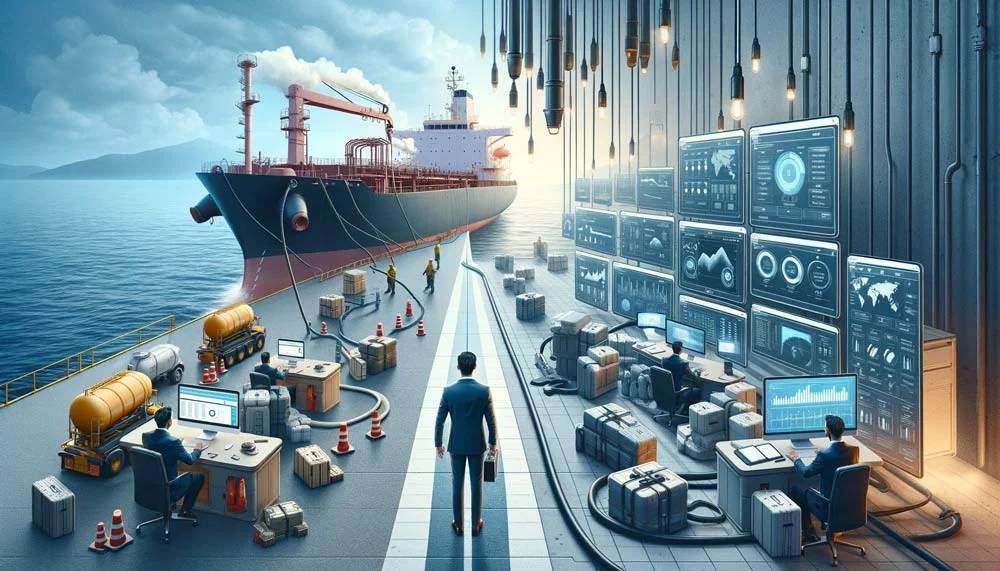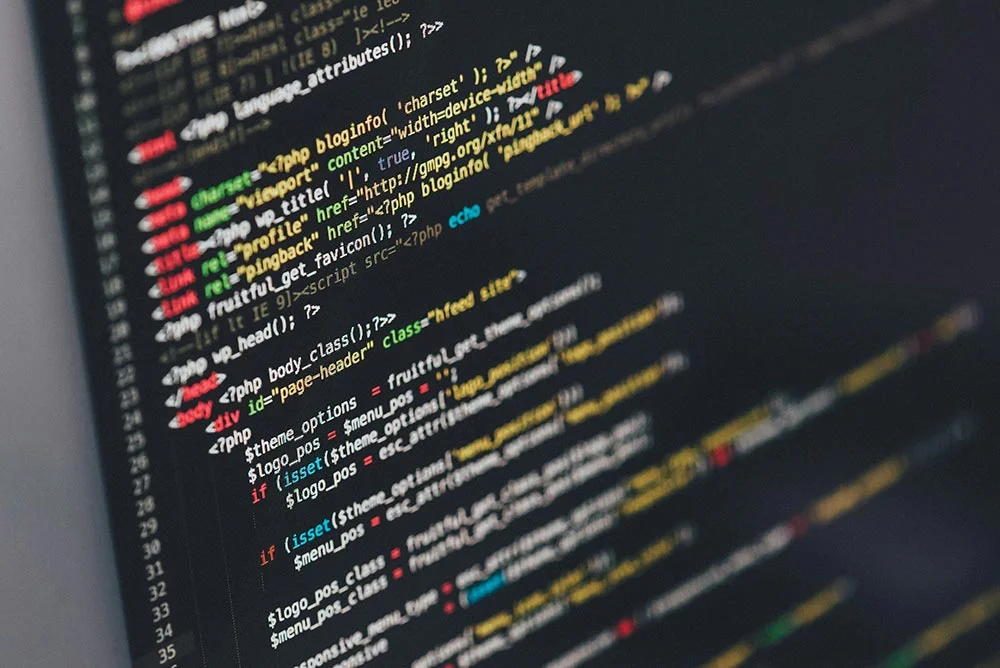
Digital Bunkering vs Traditional: A Comparative Analysis
Introduction
The maritime industry, pivotal to global trade, relies heavily on bunkering – the process of supplying ships with fuel. This sector, integral to the world’s economy, is experiencing a transformative shift with the advent of digital bunkering, which is revolutionizing traditional practices and reshaping the future of maritime fuel management.
Understanding Traditional Bunkering
Traditional bunkering, involving manual coordination and extensive paperwork, is characterized by a series of meticulous steps to ensure safety and accuracy. This process requires careful planning, from preparing the ship and coordinating with the bunker supplier to executing the fuel transfer and adhering to environmental regulations. Critical steps include rigging and lowering the gangway, aligning valves, and monitoring the rate and pressure of fuel transfer. The chief engineer plays a key role in overseeing the entire operation, ensuring compliance with standards like ISO Regulation 8217 and Marpol Annex VI. Despite its reliability, traditional bunkering is prone to risks like oil spills and health hazards, necessitating stringent safety measures and continuous vigilance【17†source】【19†source】.
The Rise of Digital Bunkering
Digital bunkering introduces a new era of efficiency through technological advancements like AI-driven predictive analytics and advanced fuel monitoring systems. These innovations facilitate strategic planning, cost optimization, and exposure management in the volatile maritime fuel market. By integrating financial and environmental considerations, digital bunkering platforms offer comprehensive solutions that enhance decision-making and operational efficiency. This shift towards a more data-driven approach is not just about cost control but also operational and environmental performance, indicating a strategic priority for maritime shipping organizations【18†source】.
Efficiency
Digital bunkering significantly outperforms traditional methods in operational efficiency. Automated systems and real-time data analytics minimize human error and expedite decision-making, while traditional methods are slower due to their reliance on manual processes.
Cost Implications
Digital bunkering offers potential cost savings through optimized fuel procurement strategies and accurate fuel use analytics, as opposed to the resource-intensive traditional methods.
Risk Management
While traditional bunkering relies on human expertise and established protocols, digital bunkering leverages technology to predict and mitigate risks more effectively.
Environmental Impact
Digital bunkering aids in better fuel management, leading to a reduced environmental footprint. Traditional methods may not be as precise in tracking and optimizing fuel usage, posing greater environmental risks.
The Future of Bunkering
The bunkering industry is poised for digital advancements, with future innovations likely to focus on enhancing efficiency and sustainability in marine fuel technology and operations. The shift towards alternative fuels and technologies, driven by regulatory changes and environmental standards, underscores the need for maritime organizations to adapt both in policy and practice.
Conclusion
Digital bunkering presents clear advantages over traditional methods in efficiency, cost-effectiveness, and environmental impact. As the maritime industry evolves, the trend is unmistakably moving towards the widespread adoption of digital bunkering techniques.
Nereus Digital Bunkers: The Edge in Efficiency and Sustainability
Nereus Digital Bunkers stands at the forefront of this transformative shift, offering unparalleled benefits and efficiencies. Their state-of-the-art digital bunkering solutions harness the power of data analytics and AI to optimize fuel procurement and consumption. This not only leads to significant cost savings but also enhances operational efficiency and risk management. Moreover, Nereus Digital Bunkers is committed to sustainability, facilitating the adoption of cleaner fuels and reducing the environmental impact of bunkering operations. By leveraging the latest technological advancements, they offer a smarter, more efficient, and environmentally responsible approach to bunkering that sets a new standard in the maritime industry.



